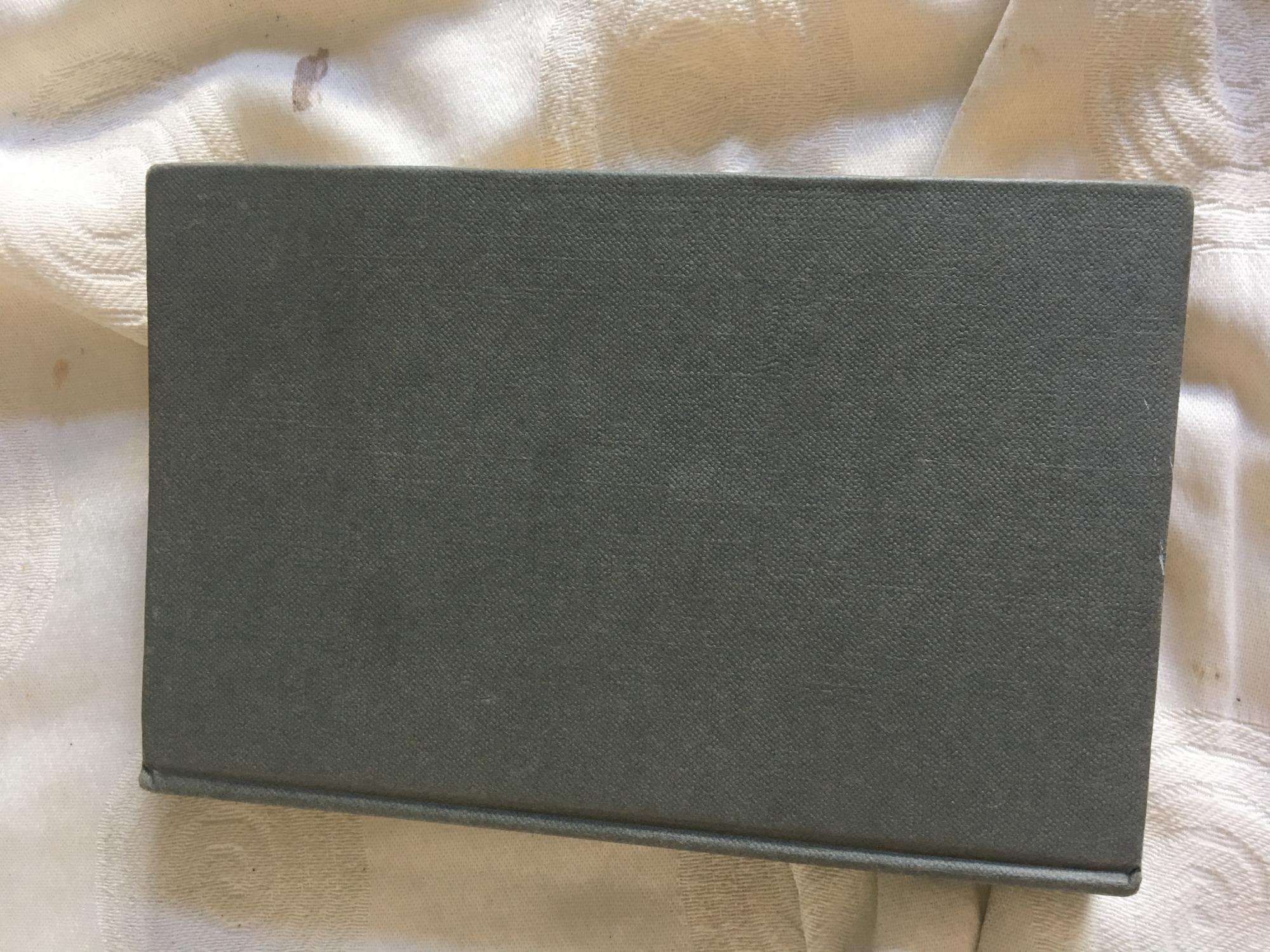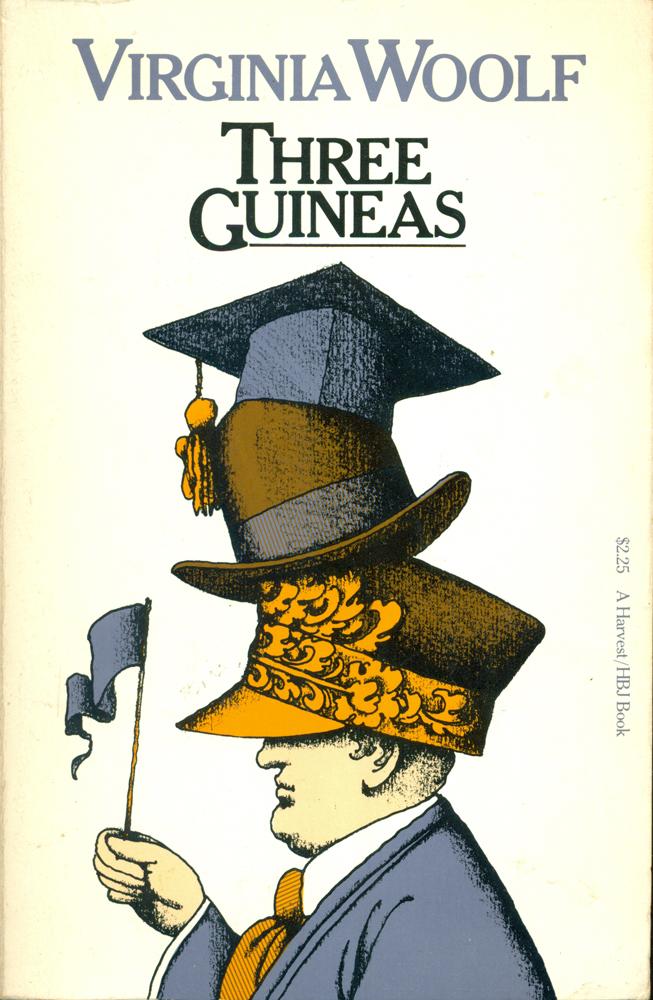

Despite Judith sharing the same genetic makeup, and thus the same potential, she achieved nothing due to lack of education and freedom. This literary allusion and the allegory of Judith demonstrate how the talents of women are being lost because they are not allowed to be creative. Woolf conjures the imaginary character of “Judith Shakespeare”, to further demonstrate the inequality of women. The man acts as a metaphor for the blocked opportunities and societal barriers that have been imposed on women by men, the imagery emphasizing the role of men in restricting woman’s intellectual freedom.

A woman’s intellectual restrictions are illustrated when Woolf’s narrative persona is refused entry into the Oxbridge library by a man who looked, “like a guardian angel barring the way with a flutter of black gown instead of white wings”. The room acts as a symbol of financial and intellectual independence, whilst the frequent repetition of the words “a room” throughout the essay emphasizes how women lack the necessary freedom to write. In A Room, the financial restrictions on a woman’s literary potential are expressed in Woolf’s overarching argument that, “A woman must have money and a room of her own if she is to write fiction”. Both A Room of One’s Own (A Room) and Three Guineas explore the theme of freedom through a call for progress of women’s intellectual and financial rights.


 0 kommentar(er)
0 kommentar(er)
